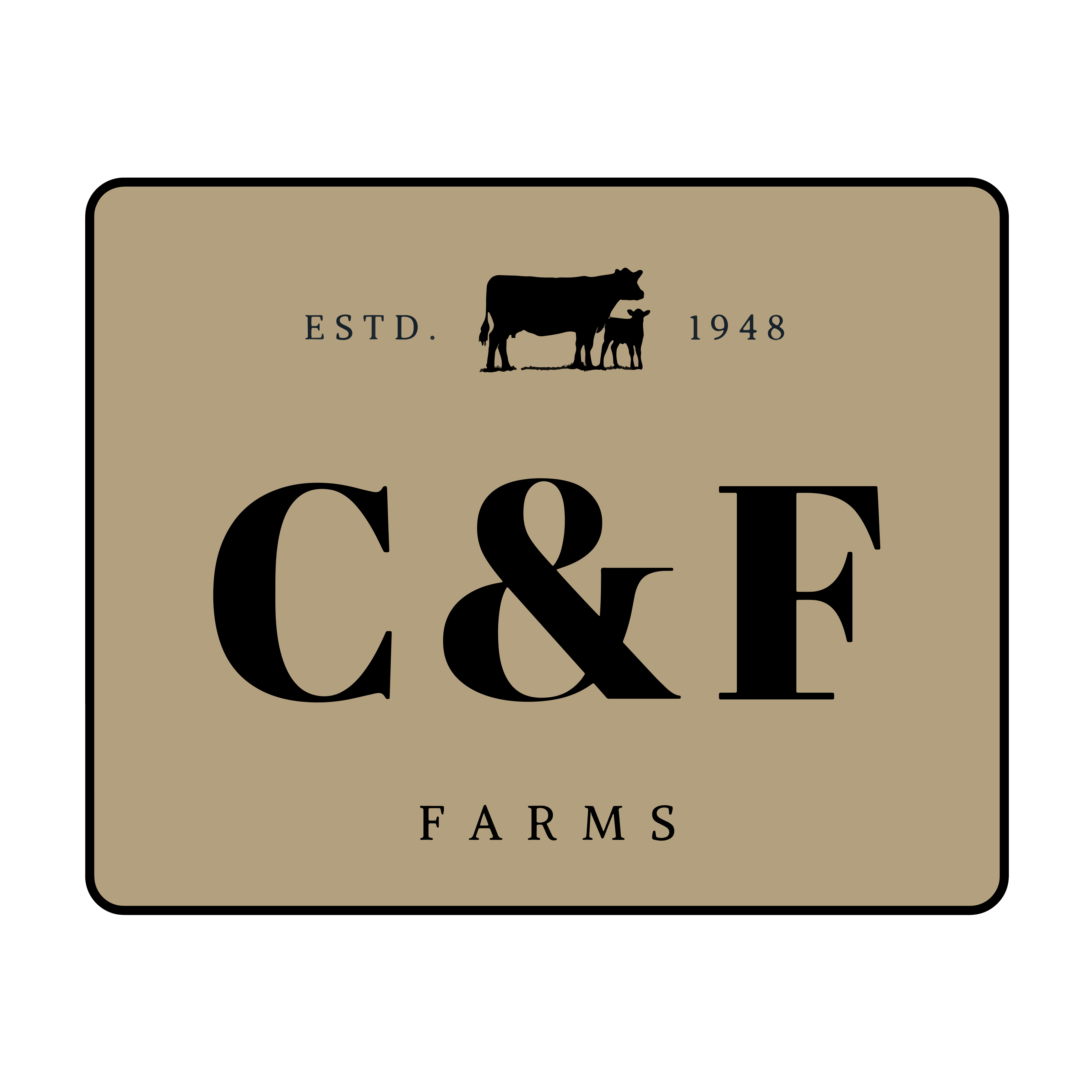Do We Irrigate Pastures?
posted on
May 16, 2023
We love all the questions folks ask us about our operation and animals, and when we can we try to explain in deeper detail.
This week I wanted to write about an interesting question I got at the farmers market recently. It was the first time we’ve been asked this and though not a common question I thought it would be a good topic to dig into.
A customer came up to the tent at market and saw the picture below. As you can see the cows are walking into a nice, thick, and tall stand of green grass, and they’re excited about it!

The question posed was, “do you irrigate your pastures or just reply on rain when it comes”?
Excellent question! And the short answer is no, we do not irrigate any of our pastures.
Why would we irrigate our pastures?
Obviously, keeping pastures irrigated would be a big help in maintaining grass growth through the summer and any drought conditions we experience.
And before we go too far, I don’t necessarily think there’s anything wrong about irrigating pastures. It’s fairly common in more arid climates around the world.
It all comes back to personal context, irrigation is a “tool in the toolbox” and if you need it you use it!
There are plenty of advantages to irrigating, especially in those areas out west where the average annual rainfall is in the single digits! They need a little help to get the grass growing!
In our area, we tend to get enough annual rain that we can avoid the need to irrigate pastures.
Other practices can help!
We’ve talked a lot about our rotational grazing, soil health principles, and allowing our pastures to have adequate rest time.
Through rotational grazing our animals are moving constantly which helps minimize compaction to the soil in areas allowing it to absorb moisture better.
One of the key soil health principles is maintaining cover on the ground which is accomplished by not letting the animals stay in an area too long and allowing that pasture to rest before grazed again. This cover helps in 2 ways. First, the roots of the plants and that above ground cover minimize runoff and slow down the water as it flows. Secondly, that continued cover helps keep the sun from reaching the soil’s surface minimizing the evaporation of water from the soil keeping it in the soil for use.
All of these practices continue to help us retain more rainfall at each rain event, thus reducing our water loss and helping our pastures stay green and lush longer! I have heard stories of ranchers out west who have been able to reduce or eventually eliminate the need for irrigating their pastures as they have adopted these practices and been able to change their soil conditions.
Now, that took a long time! In most cases 20 or more years to get such drastic change.
And while we are benefiting from our new practices and are seeing increased water retention….we’re not perfect. Our grass doesn’t always look so good!
We have dry spells, and we have times when the grass doesn’t want to grow.
The above referenced picture was taken August 20th, 2022. So not too bad for the heat of summer…but that was just that pasture, others didn’t look so good!
We’re always making changes, trying new grasses, working to improve our herd genetics to continue to work within our context.
This summer a lot of folks are predicting a drought for our area, and couple that with we have more animals on the farm than ever before….we will be getting tested this summer.
So, to summarize my ramblings, irrigation has its place. It doesn’t fit within our context, but not using it presents its own challenges to us as well!



